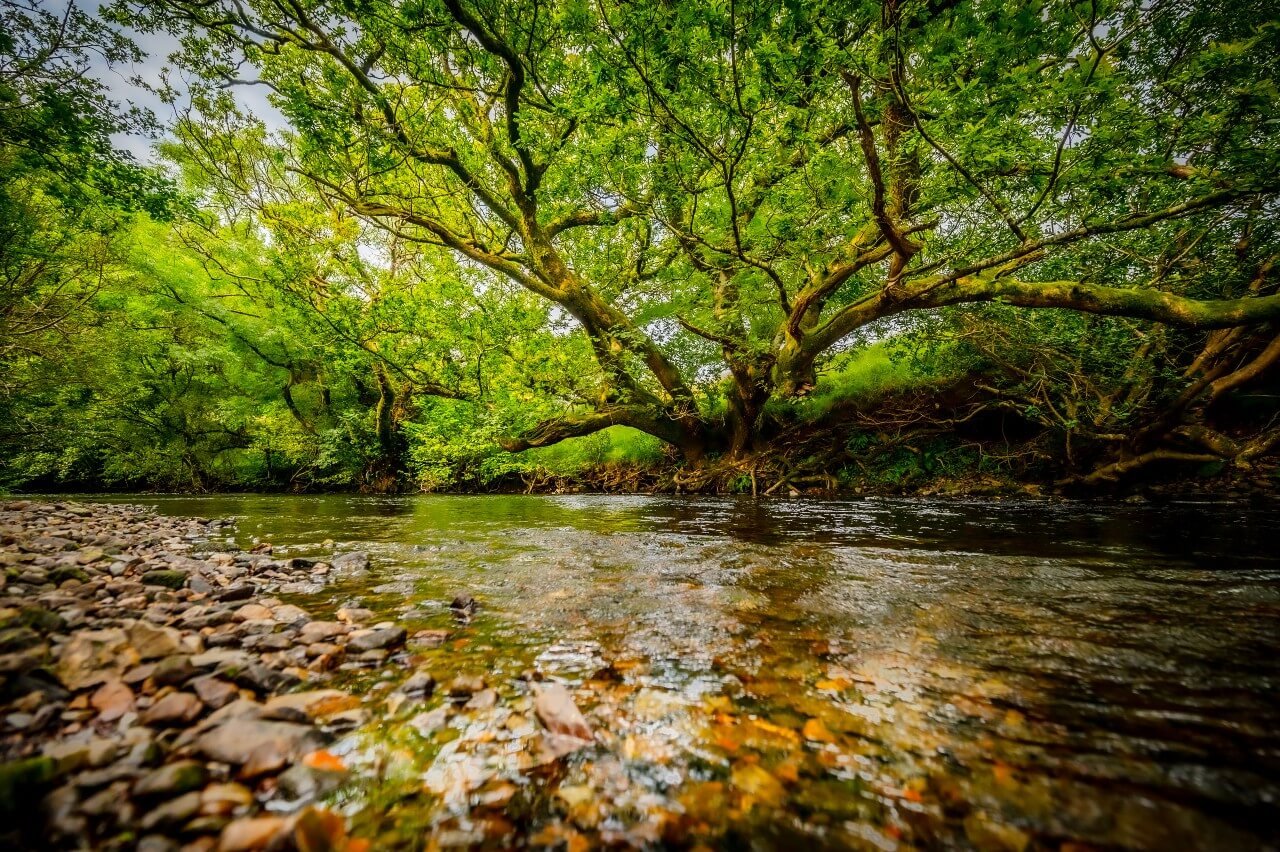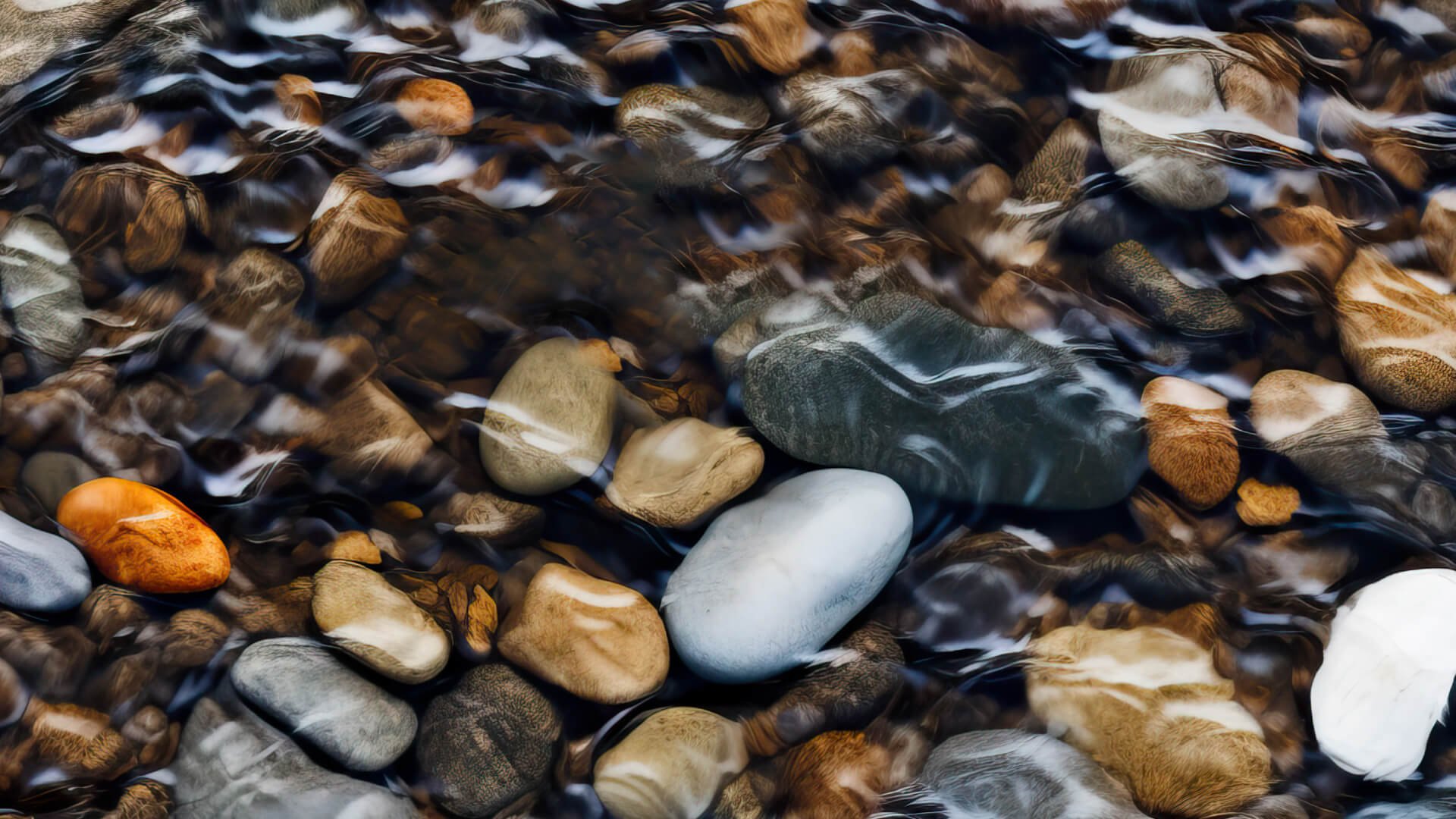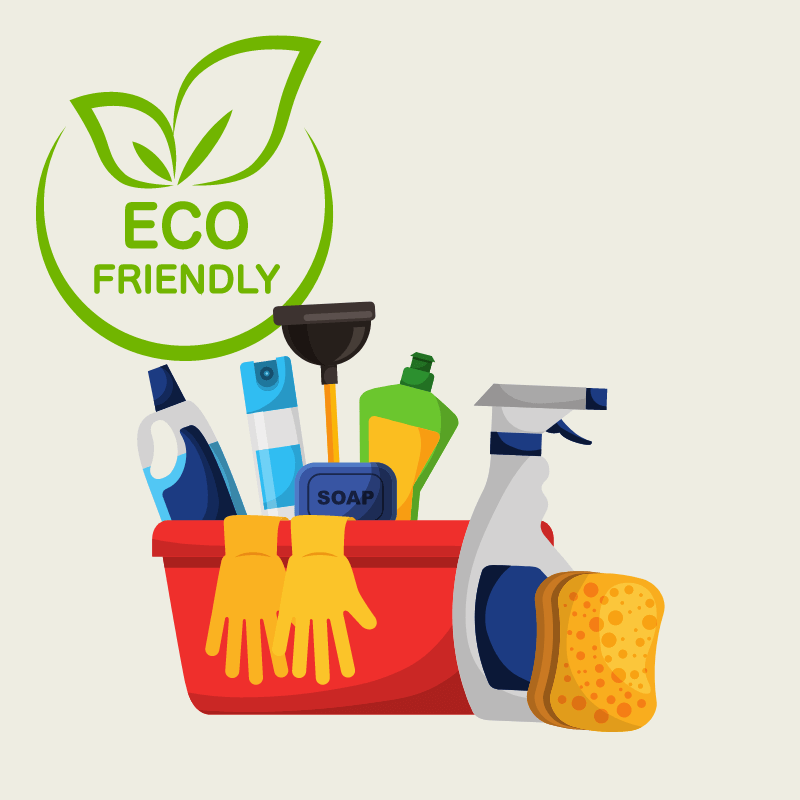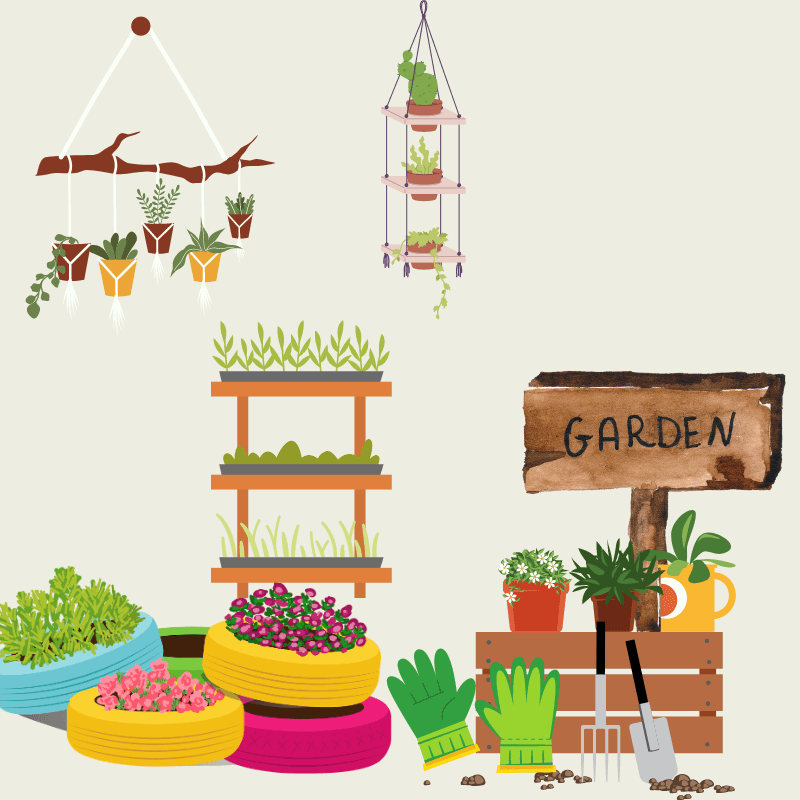
Be River Friendly
If you want to do more to help your rivers and your natural environment, there are simple changes you can make in your day-to-day life which - if many of us do - will make a huge difference. These changes also don’t have to cost the Earth, in fact, they can even work out cheaper on your wallet.
Take the challenge
We’ve got some helpful hints and tips for you to consider - some you might do already, others you might never have considered. The important thing is not to feel bad if you don’t do everything, the focus should be on doing what you can and making small manageable steps which you can sustain over time.
To make it a bit of fun, count how many items you can tick from our list below and take the River Warrior Challenge!
9%
of the plastic ever made has been recycled
1.7B
An estimate of the pieces of plastic thrown away each week by UK householders
800k
tonnes of plastic are produced by UK supermarkets each year
Your waste
If you can’t recycle, reuse or repurpose, then make sure you dispose of your waste safely.
I recycle
I reuse
I repurpose
I dispose of my rubbish in a bin
I dispose of paints, chemicals and oils at a waste recycling centre
I always take old medications to the pharmacy
Your toilet
Phosphates are common ingredients in household cleaning products, but they pollute our rivers and act as fertilisers, increasing weed growth. Switch to a phosphate-free brand instead, or use good old-fashioned vinegar and bicarb of soda instead.
Laundry is another hidden source of pollution. Exciting new products can be installed to capture microfibers from your washing machine, preventing microplastic pollution in our waterways. Some products promise to capture up to 98% of microfibers released during laundry cycles, stopping plastic waste from entering rivers and oceans. This easy-to-install filter requires no power and features a closed-loop system where used cartridges can be returned for recycling.
I use phosphate free cleaning products
Reducing your use of plastic
Most of the plastic in our oceans comes from land-based sources via rivers or coastlines.
There are simple choices you can make every day to reduce your use. Even your cup of tea could have hidden plastic in it (the majority of teabags in the UK contain polypropylene plastic) – switching to loose leaf tea makes sense anyway (it tastes so much better)!
I’ve ditched plastic toothbrushes
I use reuseable coffee cups
I use reuseable shopping bags
I choose plastic free fruit and vegetables (where possible)
I use food wraps instead of plastic
I use plastic free teabags
Suncream
Remember the three P’s: pee, poo and (toilet) paper and nothing else (even if a product says it can be flushed).
Avoid blue loos! They can cause corrosion to your tank and flush chemicals into our rivers. Vinegar and bicarb of soda will clean your toilet and remove stains just as well, plus it’s cheaper - win, win.
I only flush the 3 Ps
I clean my toilet with eco-friendly products
Cleaning your house
Cleaning you
Help Stop the Spread
Volunteer for your local river
Play the River Warrior Challenge!
How well are you doing?
It’s just a bit of fun, so don’t feel bad if you can’t tick many. The key is to make small manageable changes which you can sustain and build upon over time.
Recently, there’s been a surge of products aimed at reducing plastic waste and embracing organic, natural options. You can find planet-friendly alternatives for almost everything in your bathroom!
Swap plastic toothbrushes for bamboo ones, use natural toothpaste tablets in biodegradable packaging, and choose aluminum-free deodorants in fully biodegradable or reusable containers. Ditch plastic bottles with solid bar shampoo and conditioners.
Did you know most disposable cotton pads contain synthetic materials, including plastic fibers? Reusable organic cotton pads are a great alternative, and you can even find organic cotton washable period products. Save your wallet and the planet!
I’m mindful of the environment when buying toiletries
If you are partial to a dip, make the choice of a bio-degradable sun cream when entering the water to bathe. Avoid two common ingredients found in sunscreens – oxybenzone and octinoxate which are harmful to our waterways.
You might also find your skin will thank you for it too as alternative sunscreens often use natural, non-toxic ingredients which are much gentler on your skin!
Check your home
Check your home for misconnections
Sinks, baths, toilets, washing machines and dishwashers should connect into the foul drain. Find out more here.
Check your septic tank
If you’ve got one, make sure it’s working properly, isn’t leaking and is emptied once a year to stop phosphates seeping into the ground. Make sure you clean it with the right materials.
I’ve checked my home for misconnections
I’ve checked my sceptic tank is working as it should
Non-native Invasive Species (INNS) are harmful for our native plants and wildlife.
Every time you enter wild water think ‘Check, Clean, Dry’.
Find out more about how you can help stop the spread of invasive species.
I Check, Clean and Dry whenever I enter the water
I pull Himalayan Balsam whenever I see it
I’ve set up my own Himalayan Balsam bashing group
Whether you can spare time every week to volunteer, do an occasional litter pick, or just once a year get involved in the Big River Watch with The Rivers Trust, it doesn’t matter – there’s something you can get involved with.
Sign up to volunteer for WCRT today.
I volunteer
Use water carefully
All the water out of your tap has been through a lengthy treatment process. Using less water is not just good for the planet, it’s good for your wallet too. There are many ways you can help preserve this precious resource.
I’ve switched to showers (and set a timer to 4 mins)
I use water butts instead of sprinklers
I turn off the tap whenever I can
I fill the washing up bowl when using water and reuse
I make sure the dishwasher/washing machine is full
I reuse my cooking water
I’ve fixed my leaks
I’ve fixed low flow aerators on sinks/showers
I only boil the water I need in the kettle
I use biodegradable sunscreen
Gardens
If you are lucky enough to have a garden, instead of covering it up with hard surfaces (which contribute to flooding and pollution issues) or fake grass (microplastics), consider eco-friendly designs instead. The internet is full of creative solutions.
I’ve made space for nature in my garden
I’ve reduced hard spaces in my garden

Support our work
Without the help of our fantastic supporters, we’d be up the creek!











